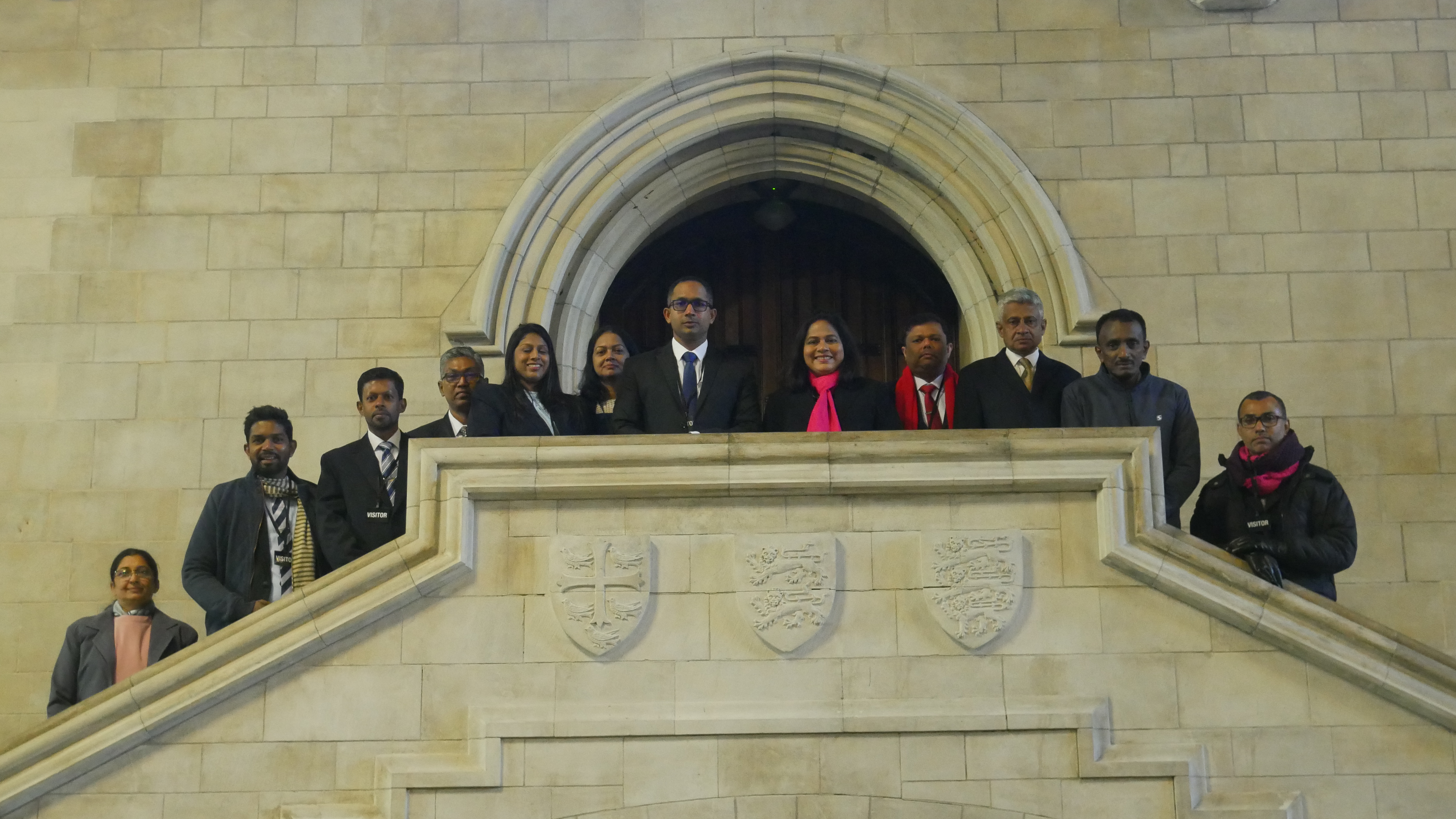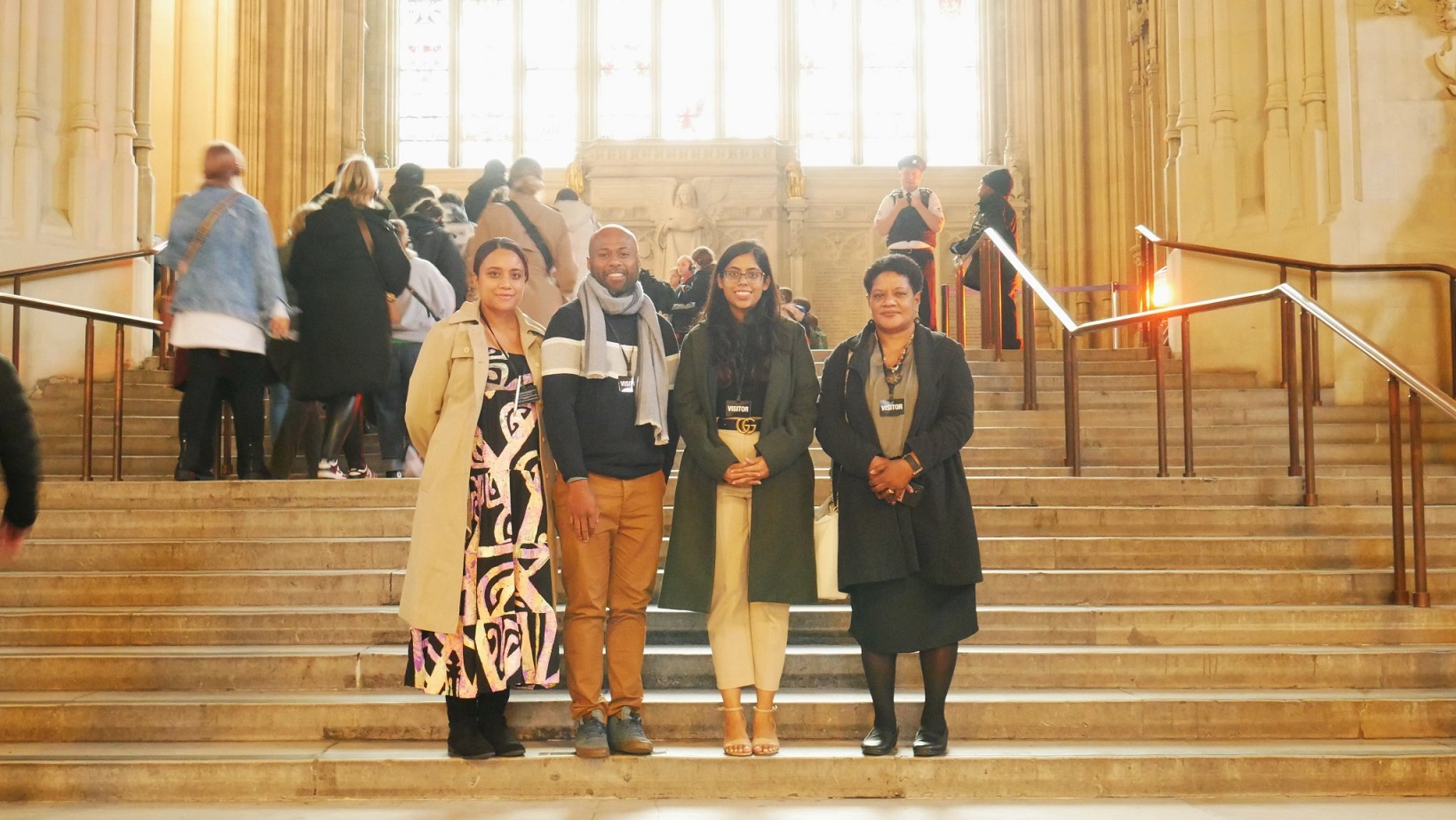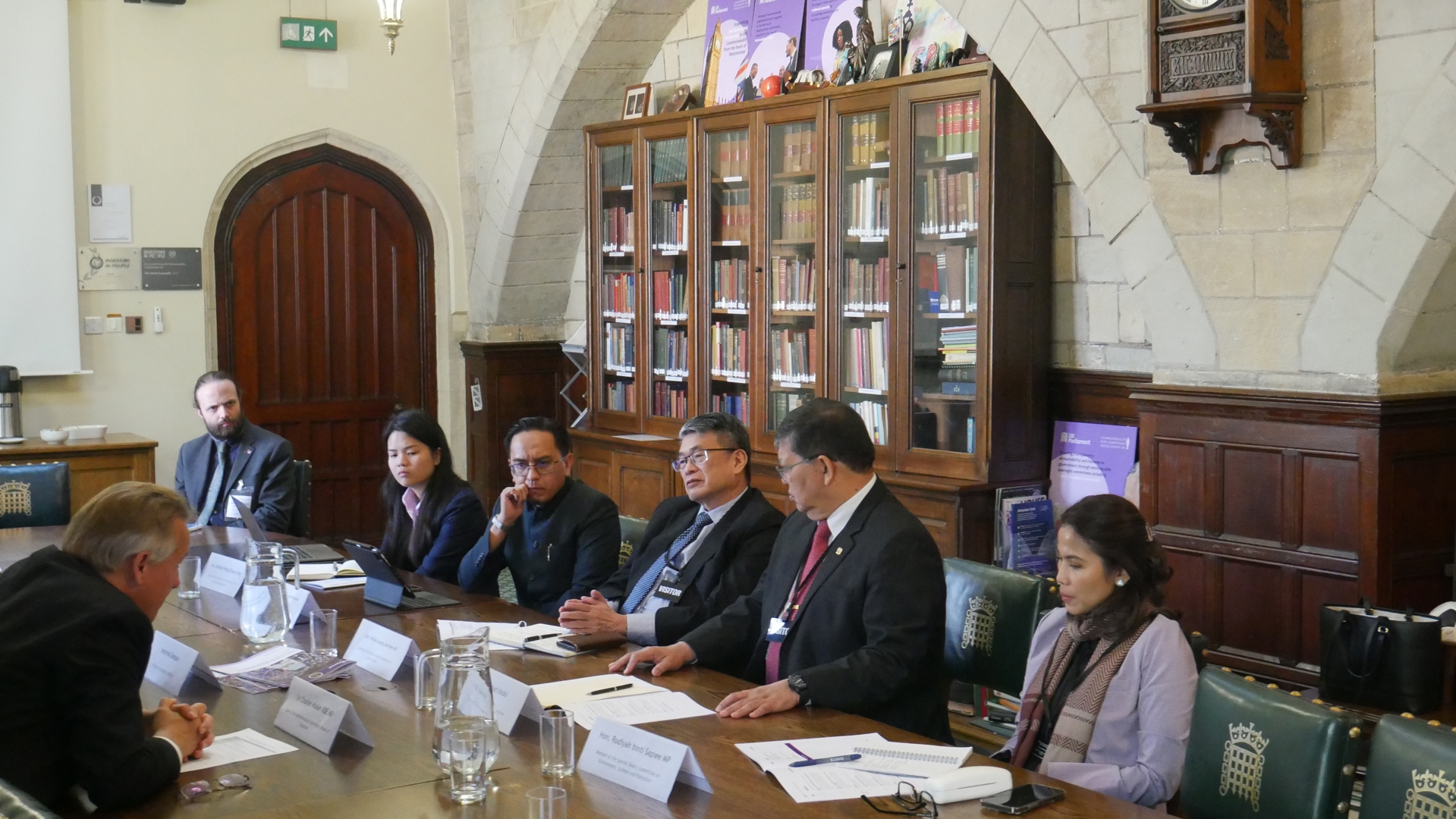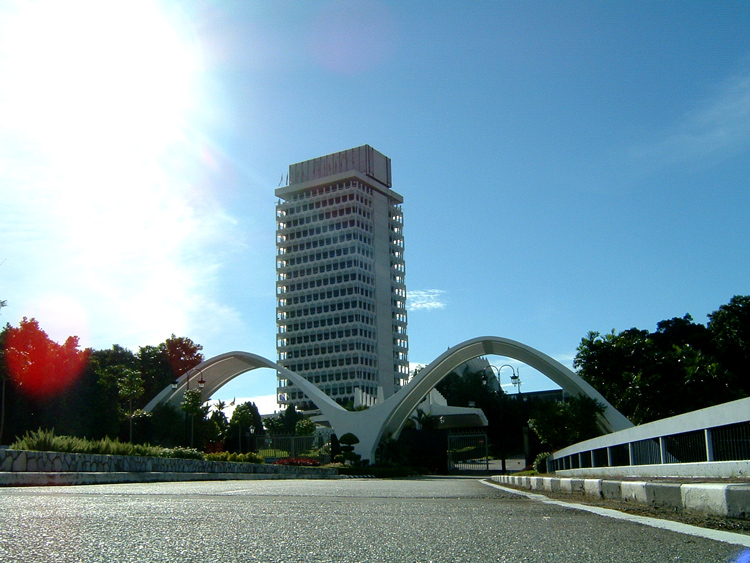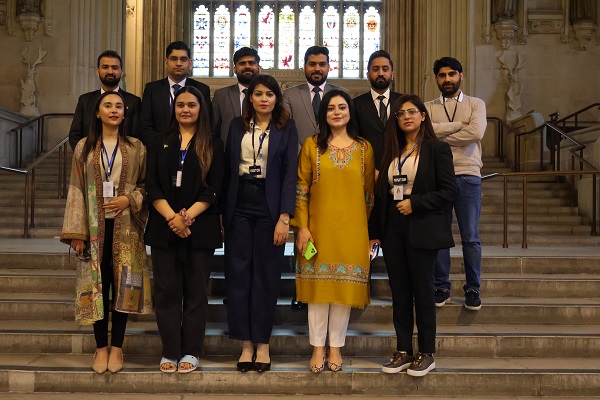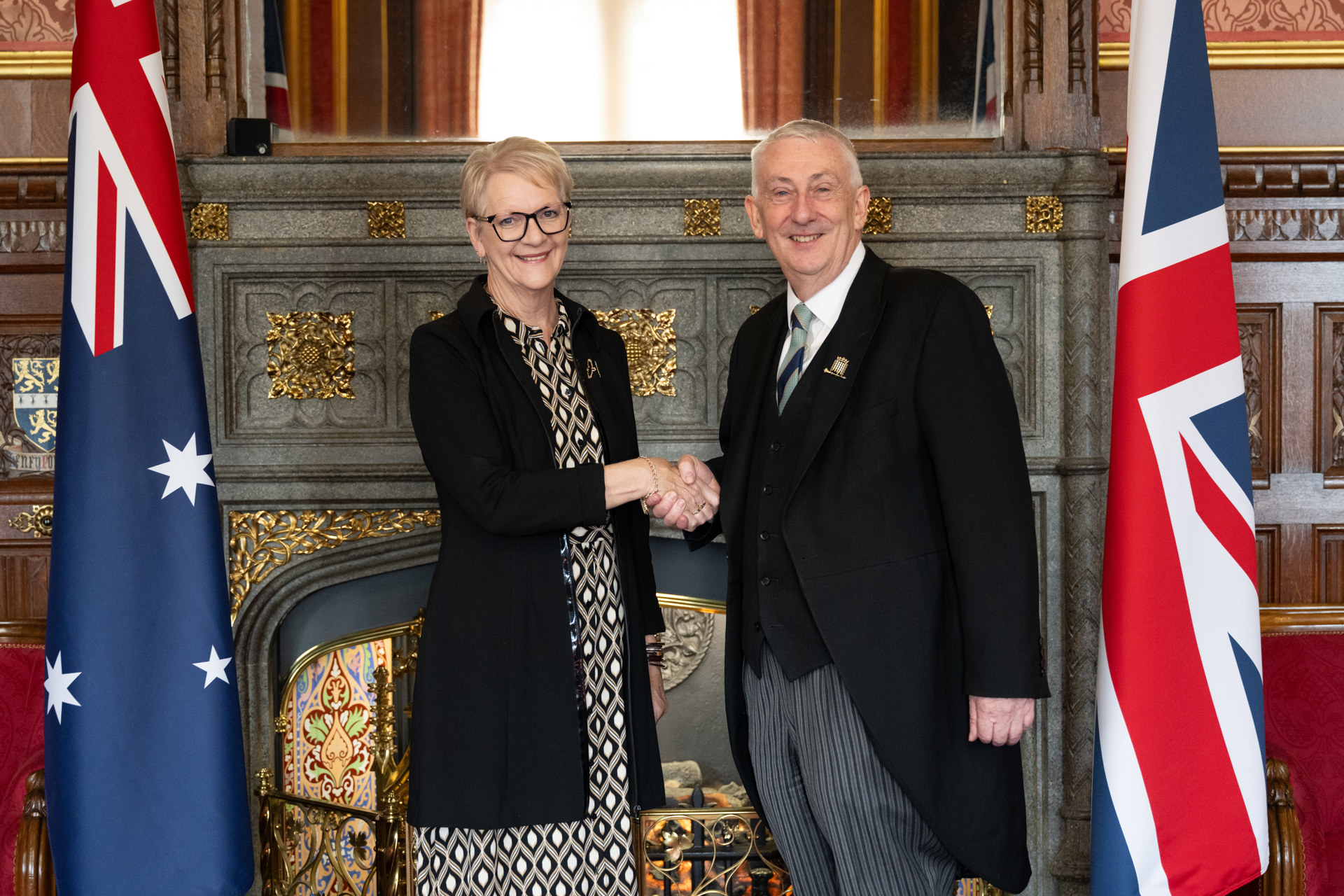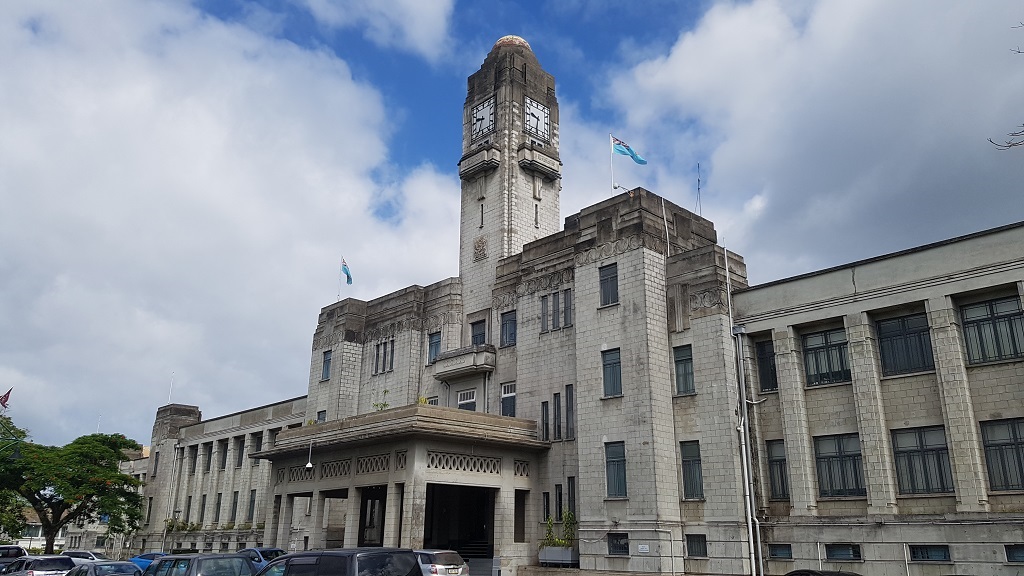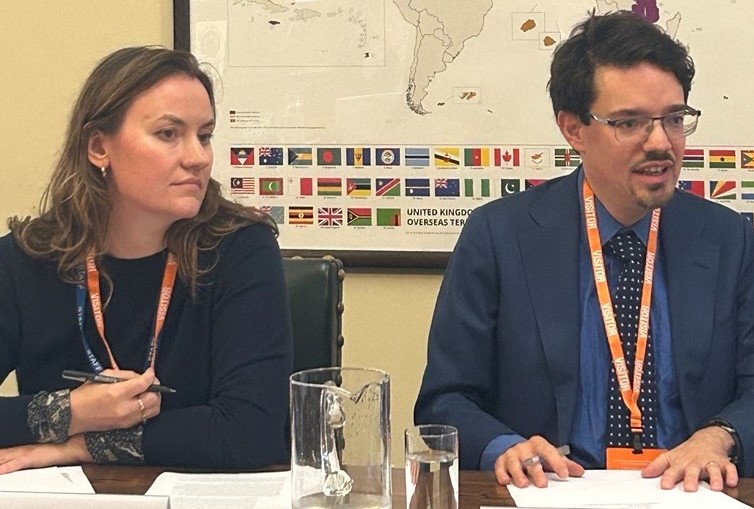Pakistan - Bilateral Visit and New Members' Induction Programme
Published 07 March 2019
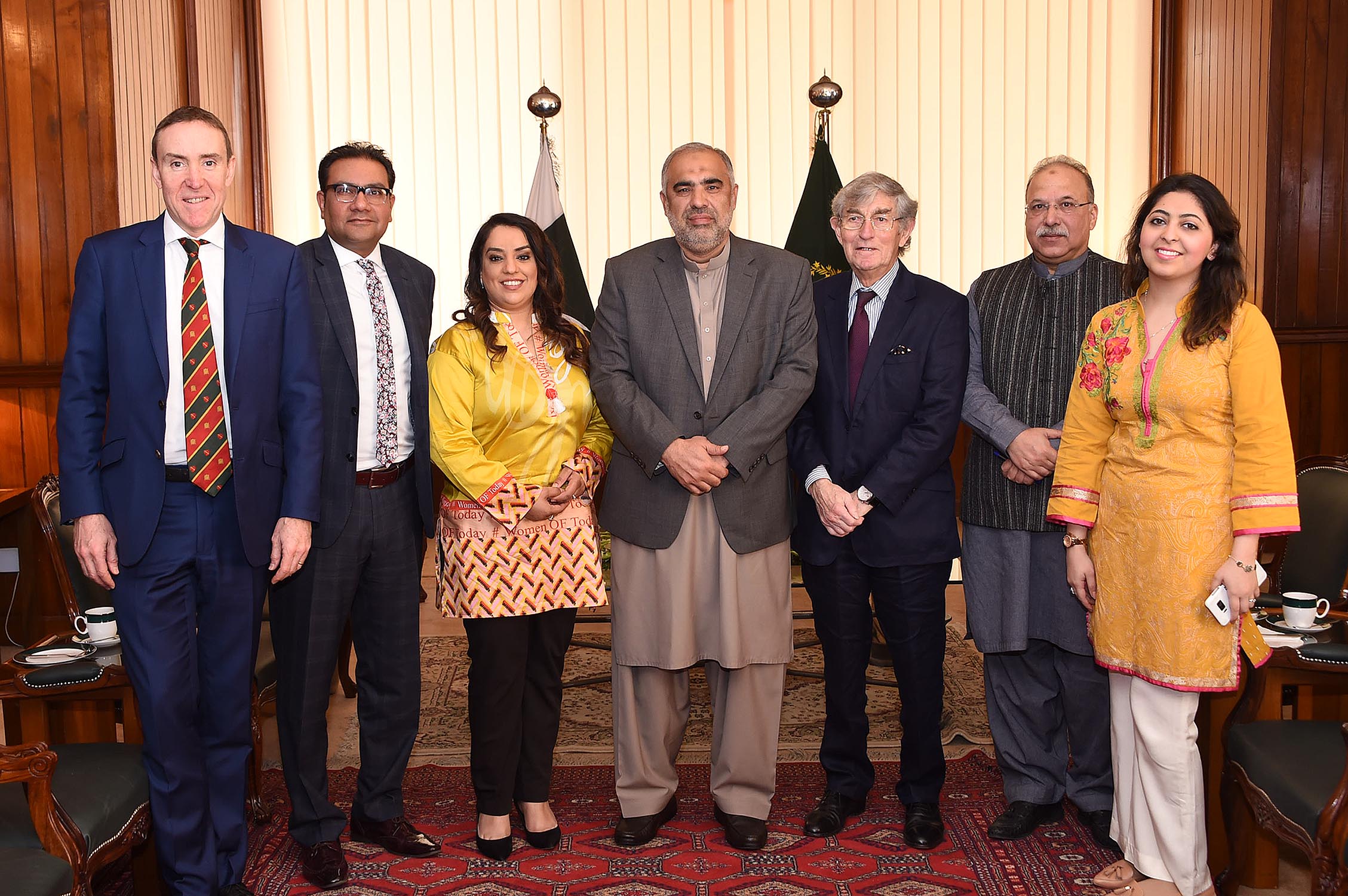
Delegation with the Hon. Speaker of the National Assembly, Asad Qaiser
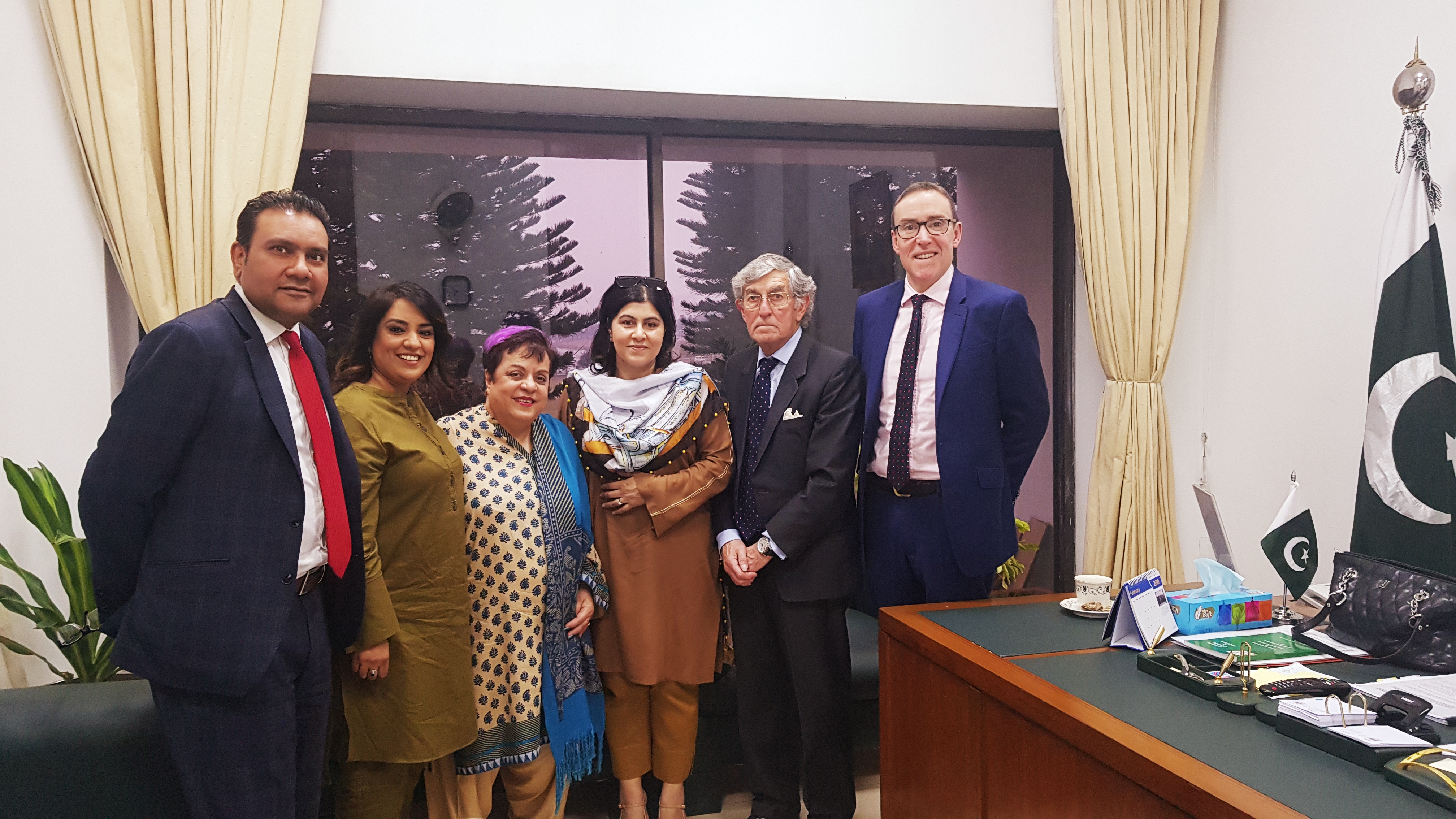
Meeting with the Federal Minister for Human Rights, Dr Shireen Mazari
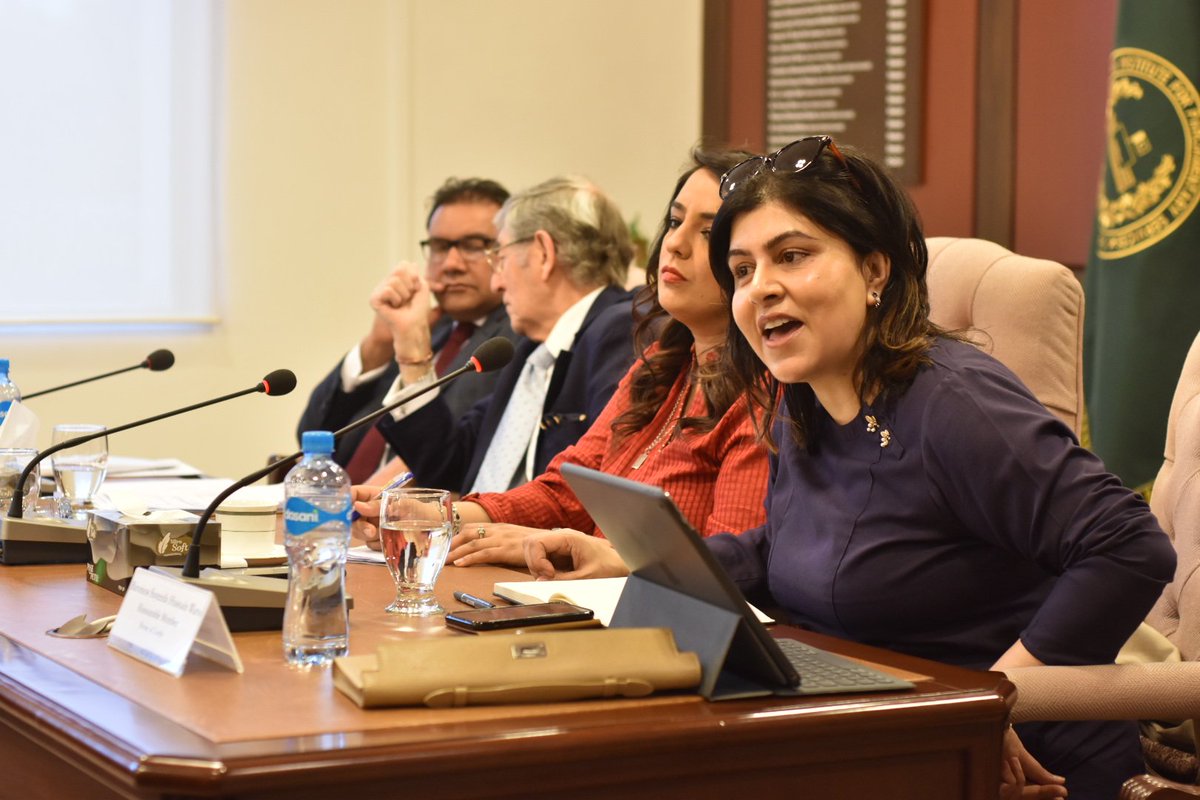
Delegates interacting with participants at the New Members' Induction Programme at PIPS
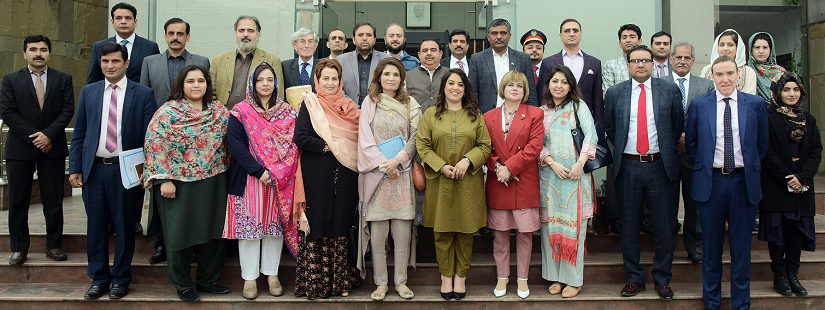
Group photo with participants of the New Members' Induction Programme
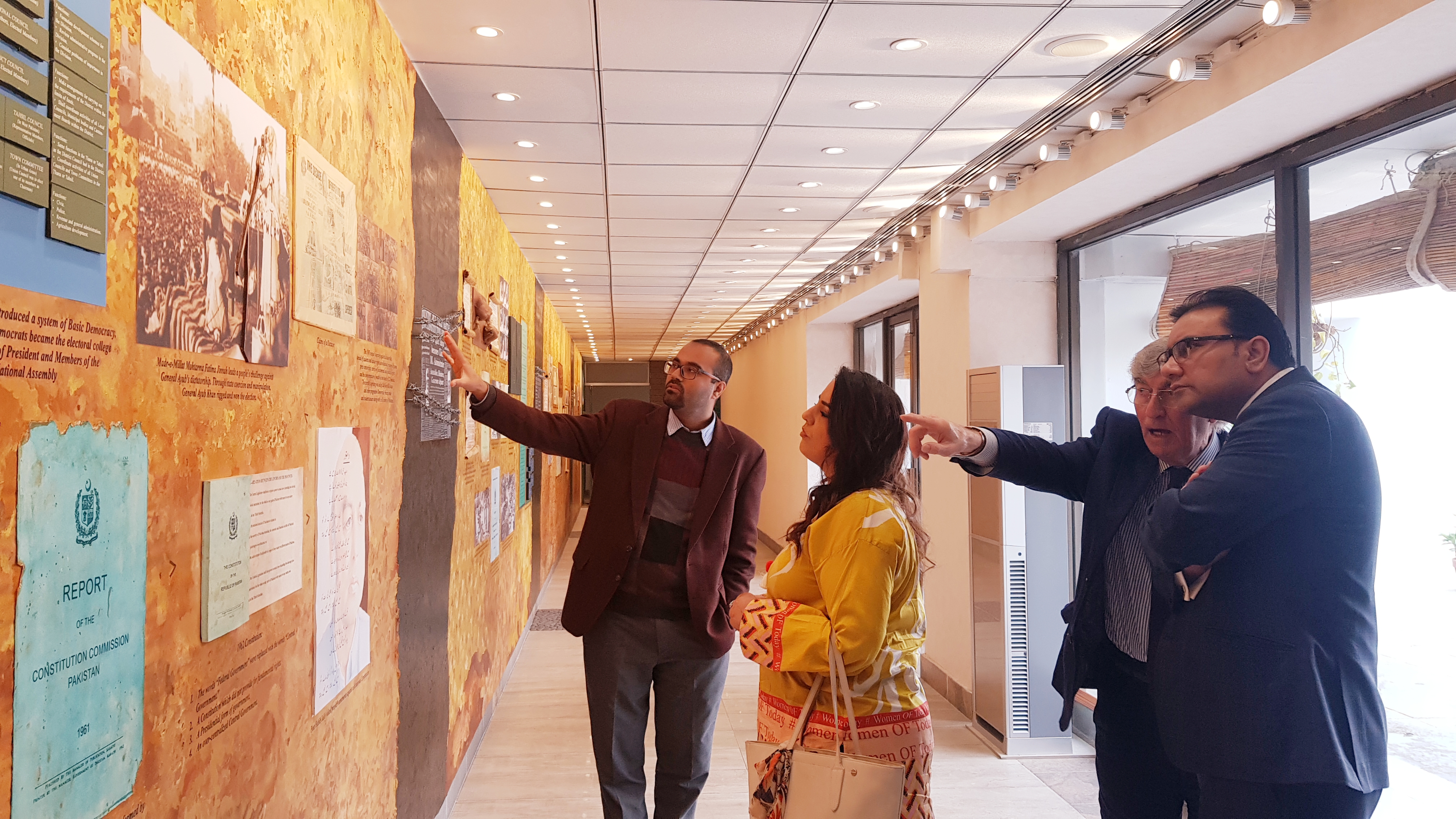
Visit to the Gali-e-Dastoor (the Constitution Gallery) symbolising Pakistan's struggle for democracy
From 18-22 February 2019, a CPA UK delegation led by Naz Shah MP visited Pakistan. The delegation, which also included Baroness Warsi, Faisal Rashid MP and Lord Rogan, participated in a series of diplomatic meetings in Islamabad and Lahore, allowing them to develop a better understanding of the changing political and parliamentary landscape in the country, following the general elections in July 2018. A two-day New Members' Induction Programme was also organised at the Pakistan Institute for Parliamentary Services (PIPS).
As part of the bilateral visit, the delegation met with the Prime Minister, Imran Khan, who spoke about the paradigm shift taking place in Pakistan and the willingness of the government to challenge the status quo. The delegation also engaged with other key ministers and officials, including the Minister for Law and Justice, Dr Farogh Naseem; the Minister for Human Rights, Dr Shireen Mazari; the Special Assistant to the Prime Minister on Transparency and Accountability, Barrister Mirza Shazad Akbar; and the Governor of Punjab, Mohammad Sarwar. Discussions centred on a range of topical issues notably the human rights situation in Kashmir; women’s rights; trade and investment, with a focus on the China-Pakistan Economic Corridor (CPEC) and Brexit; and national and regional security.
The delegates were impressed with the breadth of work being undertaken by the various ministries. The UK delegation particularly commended the Ministry of Justice for its ongoing efforts to improve women’s and girls’ rights in the justice system in Pakistan. While challenges related to lack of awareness and enforcement remain, it was acknowledged that steps are being taken to transform deeply ingrained mindsets and revamp institutions to suit the political landscape of the country.
A joint meeting with members of the Women’s Parliamentary Caucus and the UK-Pakistan Parliamentary Friendship Group also indicated progress on a number of fronts, including minority rights, transgender rights, and empowering women in Parliament. The delegates were pleased to hear that more and more women were coming forward and raising their voice both within and outside of Parliament.
A meeting with the International Labour Organisation (ILO) echoed similar sentiments. Country Director Ingrid Christensen indicated that there has been laudable progress with passing legislation around child labour and human trafficking issues. However there are considerable challenges with implementation, especially as labour and employment issues have now become a devolved subject and the responsibility of provincial governments.
During the visit, the UK delegation also had the opportunity to learn about parliamentary procedure and practice in the Parliament of Pakistan. The UK delegates met with the Honourable Speaker of the National Assembly, Asad Qaiser, and the Deputy Chairman of the Senate, Saleem Mandviwalla. Both highlighted that there has been a new political development in Pakistan with the presence of three major parties in Parliament, which of course brings with it both challenges and opportunities.
More on this was shared during the New Members’ Induction Programme which took place on 20 and 21 February at PIPS. Topics included parliamentary decorum and traditions, standards in public office, legislative scrutiny, and committee oversight. One of the key challenges highlighted was that the government does not have a majority in Parliament, which presents obstacles to the passing of legislation. It is worth highlighting that in Pakistan, bills are laid in both Houses and either House can amend or reject the bill. Although rare, if a bill is rejected, a joint session of both houses is called and a vote takes place.
During the workshop, the newly-elected members of the National Assembly shared their own experiences and raised issues ranging from the lack of an “information-sharing culture” to limited staff and resources and restrictions on their ability to define their role as a Member.
Representatives from CPA UK noted the strong interest in further collaboration with the Parliament of Pakistan, particularly in the areas of committee strengthening as well as support in devising a Strategic Plan for Parliament. CPA UK further stressed that steps will be taken to share best practices and learning across both legislatures.
On the whole, the visit offered a valuable opportunity for bilateral engagement and an exchange of good practice and knowledge between parliamentarians. CPA UK looks forward to building relations between the UK and Pakistan through further collaboration and activities with the National Assembly.
